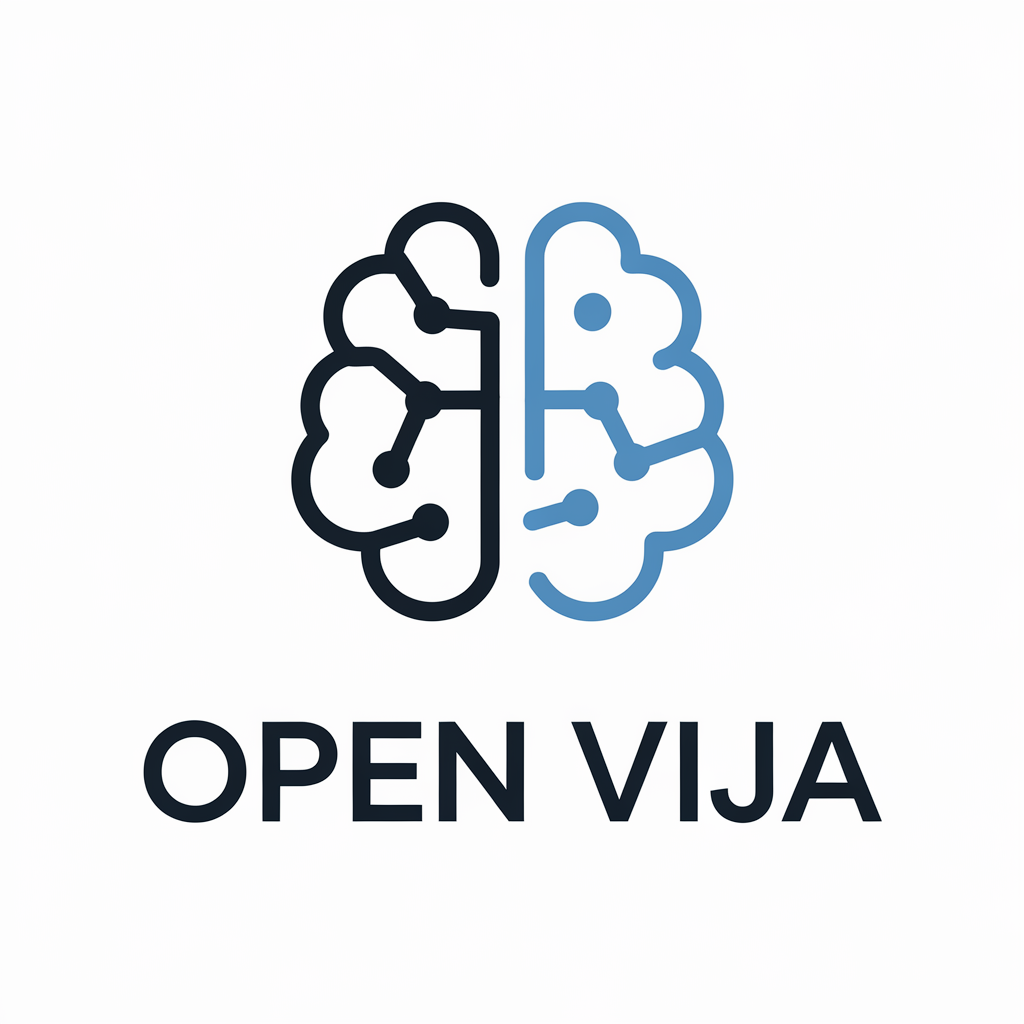Overview
The online AI Master’s at Vija Learning Pro is designed for technical professionals looking to specialize in advanced artificial intelligence technologies, with modules on Machine Learning, NLP, Computer Vision, and industrial applications.
Student Profile:
Engineers, data scientists, and IT professionals interested in leading AI projects in high-demand sectors.
Program
Duration: 12 months
Language: English
Module 1: Intelligence and Reasoning (6 ECTS)
This module introduces foundational concepts in artificial intelligence, covering essential topics such as problem-solving techniques, automatic planning, and reasoning models. Students learn about knowledge representation, decision-making processes, and logical reasoning, which form the basis for building intelligent systems capable of complex problem-solving.
Module 2: AI Programming (6 ECTS)
This programming-focused module trains students in Python, the primary language for AI development, along with essential libraries like NumPy, Pandas, and Matplotlib for data manipulation and visualization. Additionally, students will work with cloud computing platforms, particularly AWS, to manage and analyze large datasets, gaining practical experience in scalable AI development.
Module 3: Intelligent Systems (6 ECTS)
Students explore the fundamentals of data mining and advanced data analysis techniques, enabling them to derive insights from complex datasets. The module also includes hands-on work with interactive dashboards, allowing students to present data in a clear, visual format. This skill is crucial for real-time decision-making in data-driven environments.
Module 4: Machine Learning (6 ECTS)
This module provides a comprehensive introduction to machine learning, covering supervised, unsupervised, and deep learning. Students learn about classification, regression, clustering techniques, and neural networks, gaining skills to develop models that can make predictions or classifications. The module emphasizes practical applications, enabling students to train models on real-world datasets.
Module 5: Natural Language Processing (6 ECTS)
Focusing on the processing and analysis of human language, this module covers key NLP techniques such as tokenization, syntactic and semantic analysis, and text generation. Students will learn to work with NLP libraries and frameworks, applying these techniques to applications like sentiment analysis, chatbots, and text-based search engines.
Module 6: Computer Vision (6 ECTS)
Students delve into the field of computer vision, gaining expertise in image processing techniques such as object recognition, image segmentation, and feature extraction. The module also covers generative models used in visual AI applications, providing a foundation for tasks like facial recognition, scene analysis, and autonomous vehicle navigation.
Module 7: Application Areas (6 ECTS)
This module explores practical applications of AI in various industries, including Big Data, Robotic Process Automation (RPA), Internet of Things (IoT), and recommendation systems. Students learn how to apply AI techniques to optimize processes, personalize user experiences, and enhance decision-making in these high-impact areas.
Module 8: Use Cases (6 ECTS)
Through a series of real-world case studies, students examine how AI is transforming industries such as healthcare, finance, marketing, education, and cybersecurity. For instance, students explore how AI improves medical diagnostics, enhances customer insights in marketing, and strengthens fraud detection in banking.
Module 9: Explainability and Regulation (6 ECTS)
As AI adoption grows, so does the need for explainable and ethically responsible AI. This module covers transparency in AI, ethical considerations, and regulatory frameworks such as GDPR. Students gain an understanding of the importance of explainability and how to design models that meet ethical and regulatory standards.
Master’s Final Project (6 ECTS)
The capstone project enables students to apply their knowledge by developing an AI solution for a real-world problem. Under faculty supervision, students design, implement, and present their project, showcasing their ability to integrate various AI concepts and techniques learned throughout the program.
FROM 50.000 € TO 80.000 €
 Enroll to this course Join Now
Enroll to this course Join Now